On Friday February 28th, 2025, I attended a recital by Han Chen at Scandinavia House in New York.
Piano on Park presented this event. Its founder Cyrus von Hochstetter introduced Mr. Chen. He noted Han’s efforts to promote new music and work with today’s composers, one of whom was included in the evening’s fantasy-oriented program.
Chopin: Fantaisie Impromptu Op. 66
Han Chen gave a luminous, flowing performance. The central melody had a Schubertian edge and delectably evocative rubato. I was surprised at how fresh this favorite sounded under Han’s hands.
Florence Price: Fantasie Nègre in E minor
Price’s mournful post-Romantic work was new to me, and played robustly by Han Chen. I enjoyed its folksy melody and bluesy harmonies, and loved when Han’s rolling left hand overpowered the theme as the work drew toward its close.
Schumann: Fantasiestücke Op.12
The opening Des Abends (In the Evening) sets the tone for this hefty work. My go-to recording of Des Abends is by Jeeyoon Kim, so when Han Chen opened at a radically slower tempo I was surprised. Yet over the next minutes I came to enjoy the way this allowed the harmonics of this lovely work to shine. However I felt that it was a little halting, and needed a tad more oomph.
Lei Liang: Book of Time 1 (world premiere)
Mr. Chen commissioned this work with the support of a group of sponsors. Before playing it, Han Chen addressed the audience.
Lei Liang, he said, worked with scientists to analyze sound waves from 188 minerals and transcribe them into piano harmonies. This sounded fascinating. I mean, it sounded as if it would sound fascinating. I think of the connection to nature, and the vibrations that abound in the universe.
Musically, I did not understand what I heard. A structure would form, and be lost. A progression would intrigue, and sometimes repeat. I sensed phrasing and hints of tonality. The entire work felt like patches of spacious randomness scattered across a sparkling night sky.
This work was intellectually interesting, but I wouldn’t listen to it while having my morning coffee or driving my car. I would have asked Han about it afterwards, but I had a New Jersey bus to catch.
Scriabin: Fantasy in B minor Op. 28
I find Scriabin pleasant enough, but I am not driven to listen to him the way I am to, say, Rachmaninoff. Scriabin’s Fantasy in B minor Op. 28 is a gripping, complex, technically demanding work. But Han Chen has great talent with romantic repertoire, and he brought this dense Fantasy to life. I don’t think I have ever enjoyed Scriabin so much!
Rachmaninoff Encore!
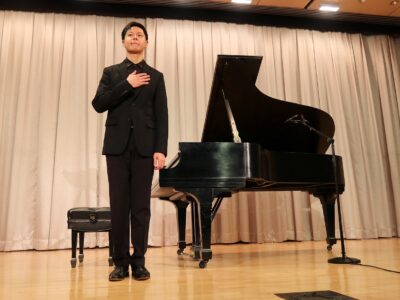 The evening’s well-designed program wrapped the novel contemporary work of Lei Liang in warm, Romantic-era repertoire. As if Scriabin were not enough to ground us after Lei Liang, Han Chen closed with a stirring encore of Rachmaninoff’s Moments Musicaux No. 4 in E minor.
The evening’s well-designed program wrapped the novel contemporary work of Lei Liang in warm, Romantic-era repertoire. As if Scriabin were not enough to ground us after Lei Liang, Han Chen closed with a stirring encore of Rachmaninoff’s Moments Musicaux No. 4 in E minor.
I’ve heard Han Chen play this before. He has a unique way of holding the tempo back for moments, causing this tempestuous, roiling favorite to hang like a breaking wave. Judging by the applause, the rest of the audience loved it as much as I did.
You can find Mr. Chen’s event schedule on his website here.

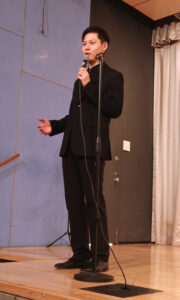

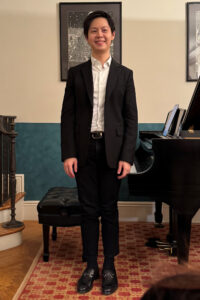
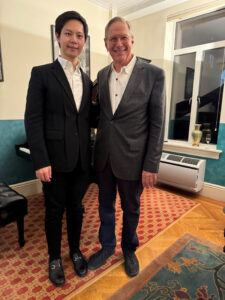
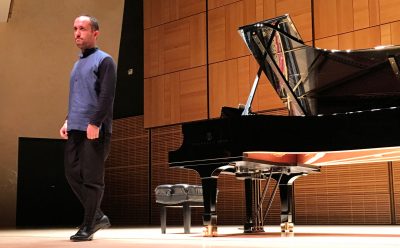
You must be logged in to post a comment.